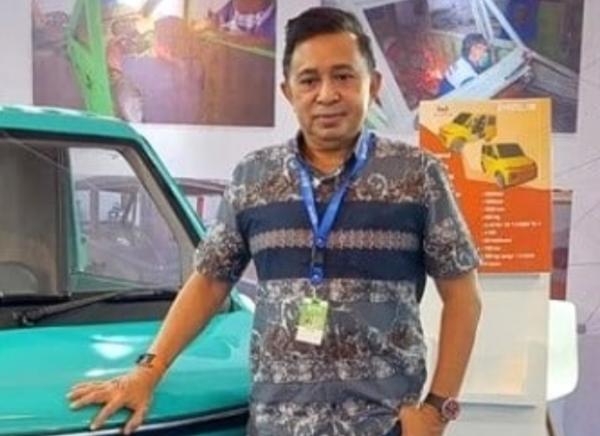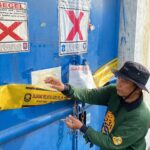The alleged corruption case in the development project of the 1 West Kalimantan 2×50 Megawatt power plant has resurfaced and captured public attention. The Corruption Crime Directorate has named four individuals as suspects, one of whom is HK, the younger brother of Jusuf Kalla.
The suspect status was determined following a case presentation on Friday, October 3. This was stated by the Head of the Corruption Crime Directorate, Inspector General Cahyono Wibowo, in Jakarta on Monday.
“Based on the investigation results and case presentation, investigators have named four suspects in the alleged corruption case of the 1 West Kalimantan power plant development,” said Inspector General Cahyono.
Four Suspect Names and Corruption Scheme
The case, which originated from a project in Jungkat Village, Siantan District, Mempawah Regency, has implicated four individuals who played important roles in the construction process. They are: FM, Director of PLN for the 2008-2009 period; HK, President Director of PT BRN; RR, Main Director of PT BRN; and HYL, Main Director of PT Praba.
According to investigators, this corruption practice was planned since the project planning stage. The parties allegedly made agreements to win the work implementation. After the contract was signed, various arrangements and repeated contract changes (addendums) emerged until 2018.
As a result of these arrangements, the power plant construction has been abandoned until now and was declared “total loss” by the Supreme Audit Agency.
“The work remains unfinished to this day and the BPK audit results state the project is a total loss,” explained Cahyono.
The project, which was supposed to be part of the government’s efforts to increase electricity capacity in West Kalimantan, has instead caused massive losses. Based on audit results, state losses reached USD 62,410,523 plus IDR 323,199,898,518, equivalent to more than IDR 1 trillion.
Cahyono explained that the contract used in this project was EPCC (Engineering, Procurement, Construction, and Commissioning), where the final result should have been a fully functional power plant. However, since the project was never completed, the state lost its entire investment value.
Initially, this case was handled by the West Kalimantan Regional Police since 2021. However, due to its complexity and the enormous loss value, handling was taken over by the National Police’s Corruption Crime Directorate in May 2024.
The four suspects are charged under Article 2 Paragraph (1) and/or Article 3 of Law Number 31 of 1999 concerning Eradication of Corruption Crimes in conjunction with Article 55 Paragraph (1) of the Criminal Code.
Investigators are also examining the potential involvement of other parties and the possibility of fund flows to several companies involved in the project.
This case has become a blow to the national energy sector. The project, which was supposed to help equalize electricity distribution in West Kalimantan, has completely failed. Besides financial losses, public trust in the transparency of strategic infrastructure projects has also been tarnished.
Investigators have promised to resolve this case thoroughly, including ensuring that lost state assets can be recovered through legal mechanisms.





